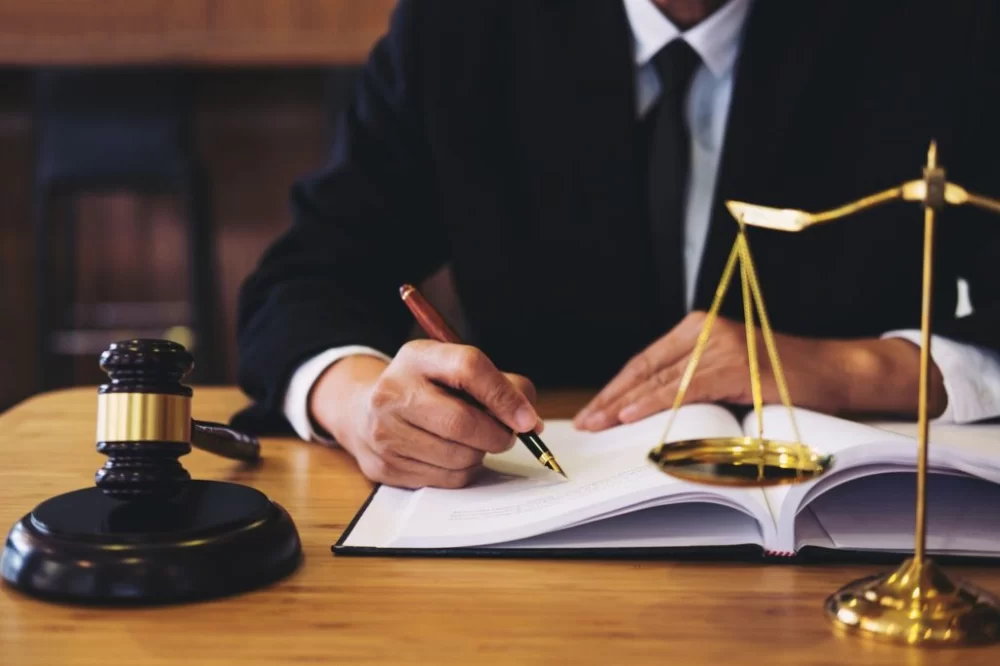
- Overview of Creditor Rights in Bankruptcy Proceedings
- Key Types of Creditor Rights and Protections
- Process of Filing Creditor Claims in Bankruptcy
- Common Challenges Creditors Face During Bankruptcy
- Case Study: Real-Life Example of Creditor Rights in Action
- Professional Advice on Protecting Creditor Rights
Overview of Creditor Rights in Bankruptcy Proceedings
When a company or individual files for bankruptcy, creditors often find themselves in a complex and highly regulated environment. Creditor rights in bankruptcy proceedings ensure that those owed money have a fair chance to recover debts, but these rights come with specific procedures and limitations governed by bankruptcy law. Understanding these rights is essential for creditors to navigate the process effectively and safeguard their financial interests.
The core principle underlying creditor rights in bankruptcy is equitable treatment. The bankruptcy code is designed to balance the debtor’s fresh start with fair repayment to creditors. This balance influences how claims are evaluated, the order in which creditors are paid, and how disputes are resolved during the proceedings.
Why Creditor Rights Matter
Without clear rights, creditors risk losing their ability to collect outstanding debts, especially when a debtor’s assets are limited. These rights also help prevent preferential treatment of some creditors over others, maintaining trust in the financial and legal systems. As bankruptcy cases vary greatly, having a strong grasp of creditor protections can make a significant difference in outcomes.
Key Types of Creditor Rights and Protections
Creditor rights in bankruptcy proceedings manifest through various protections and procedural entitlements. These include:
1. The Right to File a Proof of Claim
Creditors must formally assert their claims by submitting a proof of claim. This document establishes the amount owed and the basis of the debt. Filing within deadlines is critical; failure to do so may result in losing priority or being barred from recovery.
2. Priority of Claims
Bankruptcy law classifies claims into categories such as secured, unsecured, and priority unsecured claims. Secured creditors have collateral backing their claims, often allowing them to recover more than unsecured creditors. Priority claims, like certain taxes and wages, are paid before general unsecured claims.
3. The Right to Attend Creditors’ Meetings
Creditors can participate in meetings to discuss the debtor’s financial situation, challenge claims, and ask questions of the debtor or trustee. This transparency helps creditors monitor the bankruptcy process closely.
4. Protection Against Preferential Transfers
Creditors are protected from the debtor unfairly paying some creditors before bankruptcy in a way that harms others. The bankruptcy trustee can reverse certain preferential payments to ensure fair distribution.
Process of Filing Creditor Claims in Bankruptcy
Filing a creditor claim is a procedural but crucial step. Here’s an in-depth look:
1. Receiving Notice of Bankruptcy Filing
Once the debtor files for bankruptcy, creditors receive formal notification, usually including deadlines and instructions for filing claims.
2. Preparing and Submitting the Proof of Claim
Creditors must prepare detailed proof, including evidence of the debt and its amount. The proof of claim form is then submitted to the bankruptcy court or trustee by the specified deadline.
3. Reviewing Objections and Disputes
The debtor or trustee may object to certain claims if they believe the claim is invalid or inflated. Creditors must be prepared to defend their claims, sometimes requiring legal representation.
4. Distribution of Assets
After claims are allowed, the bankruptcy trustee distributes the debtor’s assets according to priority. Creditors receive payments proportionate to their claim status and available funds.
Common Challenges Creditors Face During Bankruptcy
While creditor rights exist to protect interests, real-world complications arise frequently, including:
1. Delays in Bankruptcy Proceedings
Bankruptcy cases can drag on for months or even years, delaying any recovery for creditors and complicating financial planning.
2. Insufficient Assets
Often, the debtor’s assets are insufficient to cover all debts, leading to reduced payments or total loss for unsecured creditors.
3. Complex Legal Procedures
The bankruptcy process involves intricate legal and procedural rules that can overwhelm creditors, especially smaller businesses or individuals without legal expertise.
4. Fraudulent Transfers and Hidden Assets
Debtors may attempt to hide or improperly transfer assets to avoid repayment, requiring creditors to engage in investigative or legal action to protect their claims.
Case Study: Real-Life Example of Creditor Rights in Action
Consider the high-profile bankruptcy of a major retail chain in recent years. Many suppliers and small vendors were left uncertain about receiving payment for outstanding invoices. Through active participation and assertive filing of creditor claims, some vendors managed to recover a substantial portion of their dues. One supplier, initially skeptical, engaged bankruptcy professionals from ESPLawyers to ensure all claims were properly documented and to challenge objections raised by the debtor.
This case highlights the importance of understanding creditor rights and proactively managing claims in bankruptcy. It also shows how professional legal guidance can dramatically improve the chances of successful recovery.
Professional Advice on Protecting Creditor Rights
For creditors navigating bankruptcy proceedings, expert guidance is invaluable. ESPLawyers offers specialized services to help creditors understand their rights, file claims accurately, and address disputes effectively.
Some practical advice includes:
1. Act Quickly and Meet Deadlines
Timely filing of proofs of claim is essential. Missing deadlines can forfeit rights.
2. Gather Comprehensive Documentation
Supporting evidence strengthens claims and reduces objections.
3. Stay Informed and Participate
Attend creditor meetings and review case updates to protect interests.
4. Seek Professional Support When Needed
Bankruptcy law can be complex; legal expertise often leads to better outcomes.
In conclusion, creditor rights in bankruptcy proceedings form a critical framework protecting those owed money during financially difficult times. By understanding these rights and engaging proactively, creditors can maximize their chances of recovering debts. For personalized assistance and to explore the best solutions tailored to your situation, consider consulting with the professionals at ESPLawyers.








